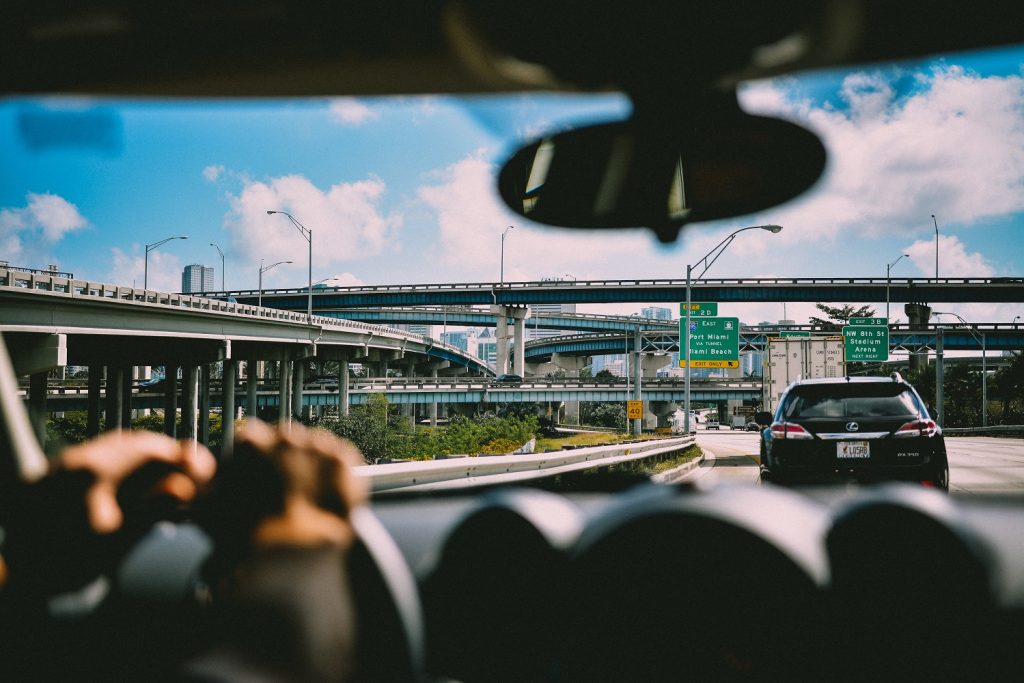You made it all the way to the United States. You made it to a new state, new city, new university campus. You probably used multiple modes of transportation to get there: airplane, train, bus, and uber.
Now that you’re here, it may be easy for you to get around using public transportation, like buses or trains. Or maybe your campus has everything you could possibly need, so you don’t travel off campus. But many U.S. cities lack proper public transportation so not having a car limits what you are able to do. Which leads to the question: How do I get a driver’s license in the U.S.?
The process of getting your driver’s license as a non-U.S. citizen is not impossible, but it can be complicated. Because the application process differs by state, it is beneficial to speak with someone local who is familiar with the system. You can ask the staff in the international student services department or a Bridges International staff person.
If you are thinking about getting a U.S. driver’s license, here are a few general things to keep in mind:
Have your documents
As a non-U.S. citizen, be ready to provide additional forms of identification when you go to your nearest Department of Motor Vehicles (DMV), like your passport with visa. You may also need your I-20 and I-94 so be prepared with your documents!
Any F, M, or J visa holders are eligible to apply for a driver’s license. While you do not need a Social Security Number (SSN), many states will require that you apply for a SSN. If you are ineligible for a SSN and your state requires a SSN to obtain your driver’s license, then you will receive a form from the Social Security Administration that you can present when applying for your driver’s license.
Be patient
The Department of Homeland Security recommends that you wait 10 days from your date of entry. This is enough time for your status change to be processed in the Student and Exchange Visitor Information System (SEVIS). If you apply before your status is updated in the SEVIS, then it may delay your license application process.
Throughout the application and exam process, you may have to wait for additional forms and documents … that’s okay! The process is not always fast. Use this time to study the driver’s manual from your state.
Written exam
While each state has a slightly different process, generally speaking, there will be a written examination that tests your knowledge of driving laws for your state. Look here to find your state and view the appropriate driver’s manual. The manual will explain the rules for driving in your state, as well as explain more specific steps to apply for your driver’s license.
Some states offer the written exam in languages other than English. Ask a representative at your DMV if the exam is available in your native language if you prefer this.
Vision test
Many states also require a vision test to be sure your eyesight is strong enough to drive. If you typically wear lenses, be sure to have them with you when you go to the DMV.
Practical exam
After the written examination, you will need to complete a practical exam. This means you will need to practice driving on the road, observing all the laws and signs.
Even if you’ve previously driven in your home country, it is important to practice driving with a licensed U.S. driver who can help you learn the rules of the road. Traffic laws vary, and there can be severe penalties for breaking them! After you have had ample time learning how to drive, you can take your practical exam.
If you have more questions about getting your driver’s license, check out this DMV website for more information pertaining to non-U.S. citizens.



